From that first listen I understood that Klaus’s music shared many elements with TD, but were very much distinctly Klaus as well. The album I bought that day was Moondawn and this led me into trying to find Schulze’s other albums, even though some were only available as imports at the time.
Deus Arrakis’s release was delayed after Klaus passed away on 26 April 2022. To call Klaus a musical pioneer is kind of an understatement. The first album he performed on was Tangerine Dream’s Electronic Meditation; at this point Klaus was a drummer, which meant much of his later work would have a fairly percussive feel to it.After leaving TD, Schulze went on to join Ash Ra Tempel, first as a percussionist and then a little later as a keyboard player. He also appears on the numerous Cosmic Jokers-related albums, many of which were actually recorded during a two-day session and later cut up and released without the performers knowing anything about it.
This era becomes the classic Schulze sound, full of pulsating sequencers and his nimble synth work over the top edging towards a more classical sound than TD ever aimed for. From here on in, Klaus would release a vast amount of records, collaborate with other artists and even form his own record label to release new electronic artists, many of whom were influenced by Schulze to play in the first place.
In the end he released more than sixty albums (I think this is a conservative number if you add on the likes of La Vie Electronique series, etc). Without Schulze many musicians would not be recording and performing today and his influence will carry on as many, like myself, will discover his wonderful, strange and elegant music and feel the need to emulate their hero.*
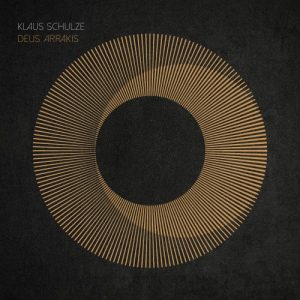 So now on to Deus Arrakis, a name that has a reference to Frank Herbert’s book Dune, which was one of his favourites as he recorded an album of that name in the ’70s. “Osiris” starts with a slowly building chord sequence that straight away feels both uplifting and cosmic. This sound is classic Schulze and is very reminiscent of his seventies work, which is no bad thing.
So now on to Deus Arrakis, a name that has a reference to Frank Herbert’s book Dune, which was one of his favourites as he recorded an album of that name in the ’70s. “Osiris” starts with a slowly building chord sequence that straight away feels both uplifting and cosmic. This sound is classic Schulze and is very reminiscent of his seventies work, which is no bad thing.
“Seth” is thirty-one-minute epic and one of Schulze’s magnum opuses. To shake us out of the trance-like atmosphere of the previous tracks, here Klaus assaults us with various electronic sounds and howling wind noises (is that his old beloved VCS3 at the start?). This gives way to some more meditative pads that bring the sound back down again. This could have easily been the soundtrack for the new Dune film; it fits perfectly with the sweeping vistas of sand on the planet Arrakis.
A jaunty sequencer commences and the track moves into a different place; and suddenly we are in the world that most synthwave artists are trying to capture in their sound. When Wolfgang Tiepold’s cello comes in, it almost feel like a reference to Irrlict, although here the strings appear more traditionally classical-sounding, but they certainly take the track to another place altogether. When the percussive sounds hit in, you are in comforting Schulze’s territory and his nod to saying that rhythm was still important to him. An air of melancholy begins to creep into the piece, which makes it more poignant that this will be his last released recordings.
When the sequencer finally joins in, we are in more uplifting territory that still has a sense of sadness that only Schulze really seem to understands how to do. The album ends with some sweeping chords and jittering synths that seem to take us beyond the cosmos to infinity.
Deus Arrakis is a fitting final album for Schulze’s legacy: it is both new and vibrant and old school at the same time, and especially for those who loved his ’70s output, this album is made for you. I hope Klaus has managed to find Edgar Froese at his change of cosmic address and they are both talking over old times, how they changed to face of rock music and took us all on many different journeys in our mind.RIP Klaus; thank you for all the wonderful music and for leaving us this final gift of an album.
-Gary Parsons-
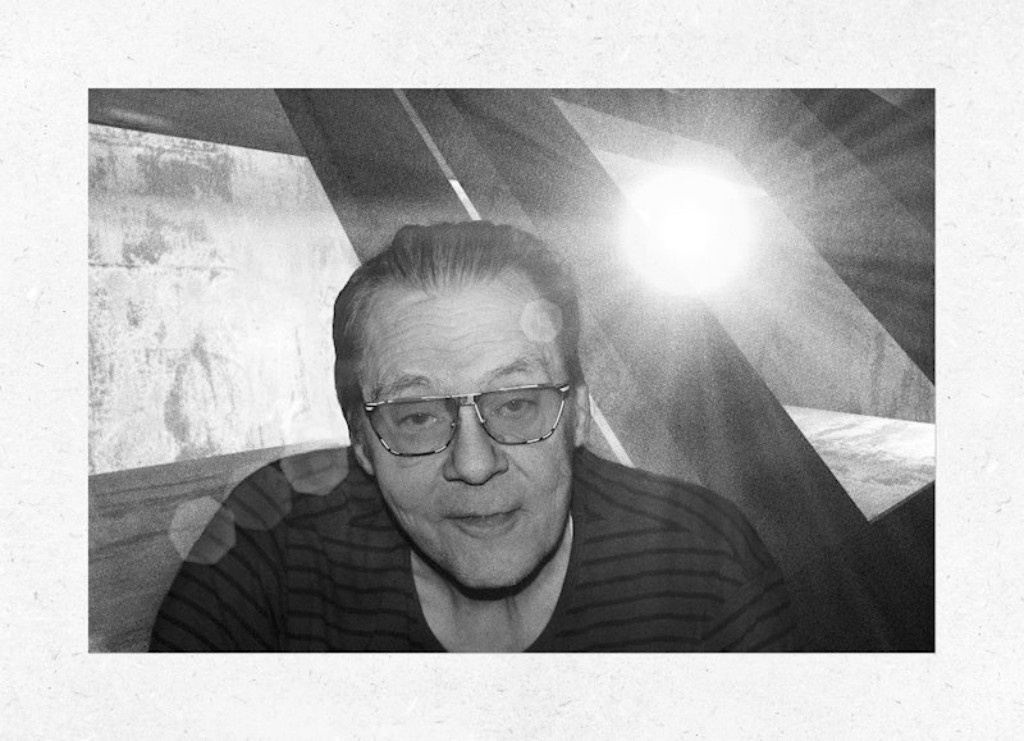

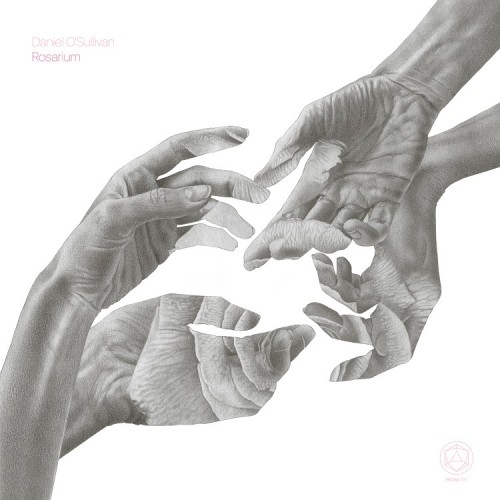
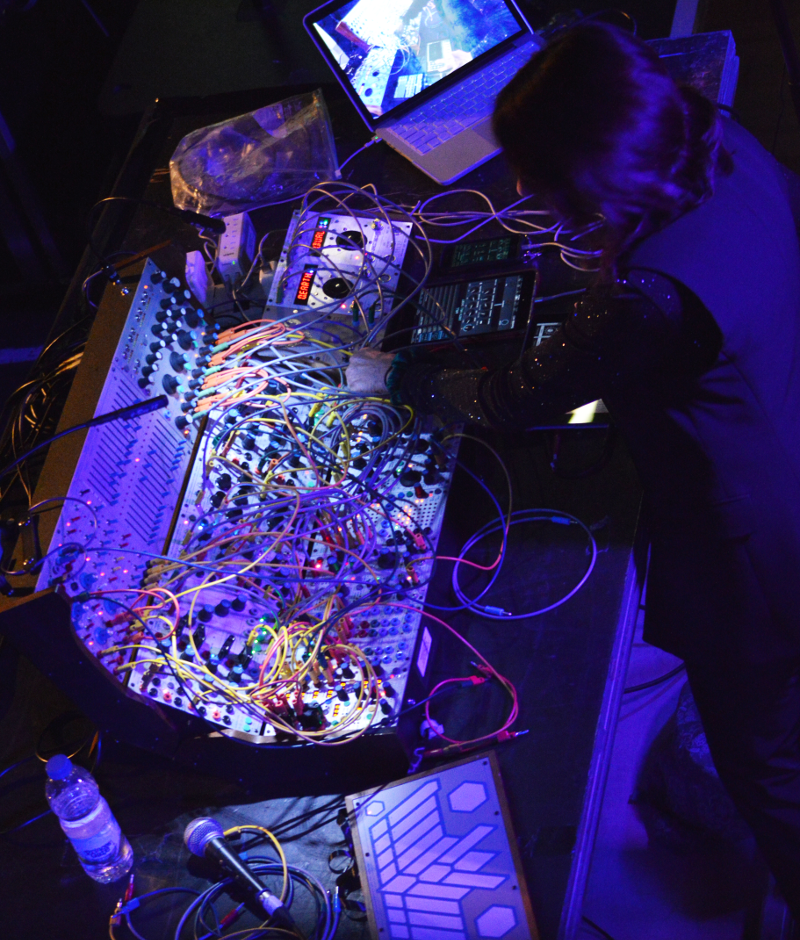
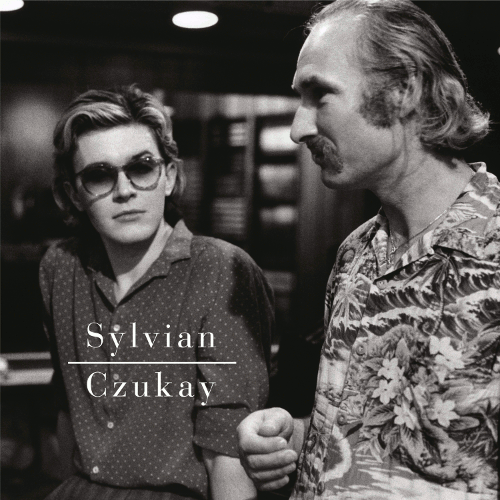
2 thoughts on “Klaus Schulze – Deus Arrakis”
Thank you for that great and so precise review
Klaus Schulze was a genious, I miss him so much.
This last opus is a wonderful farewell.
RIP Klaus, you became the music now
Great and heartfelt review, Gary. Klaus’ music touched many over a long long period of time. Deus Arrakis is a late period minor-masterpiece IMHO